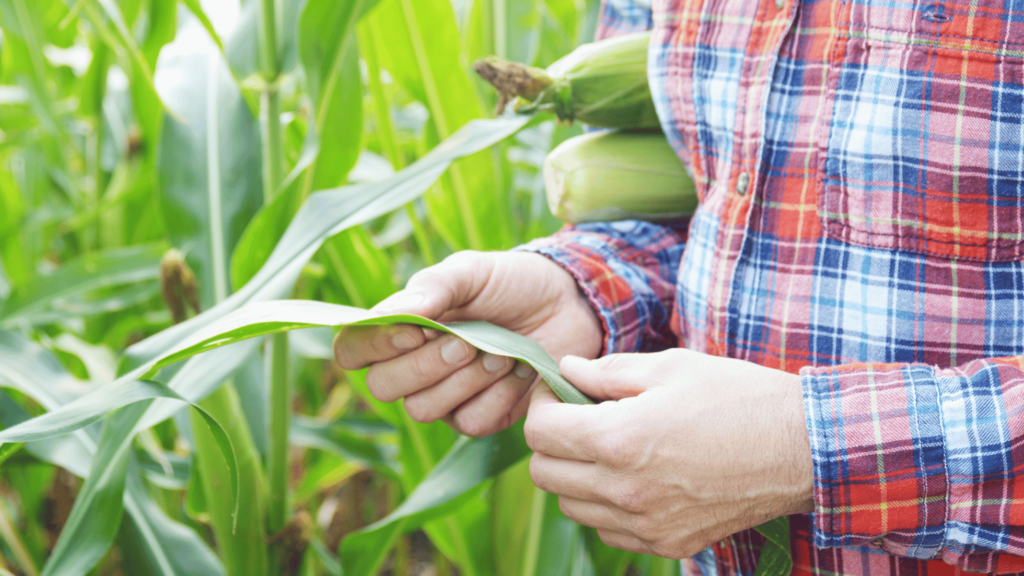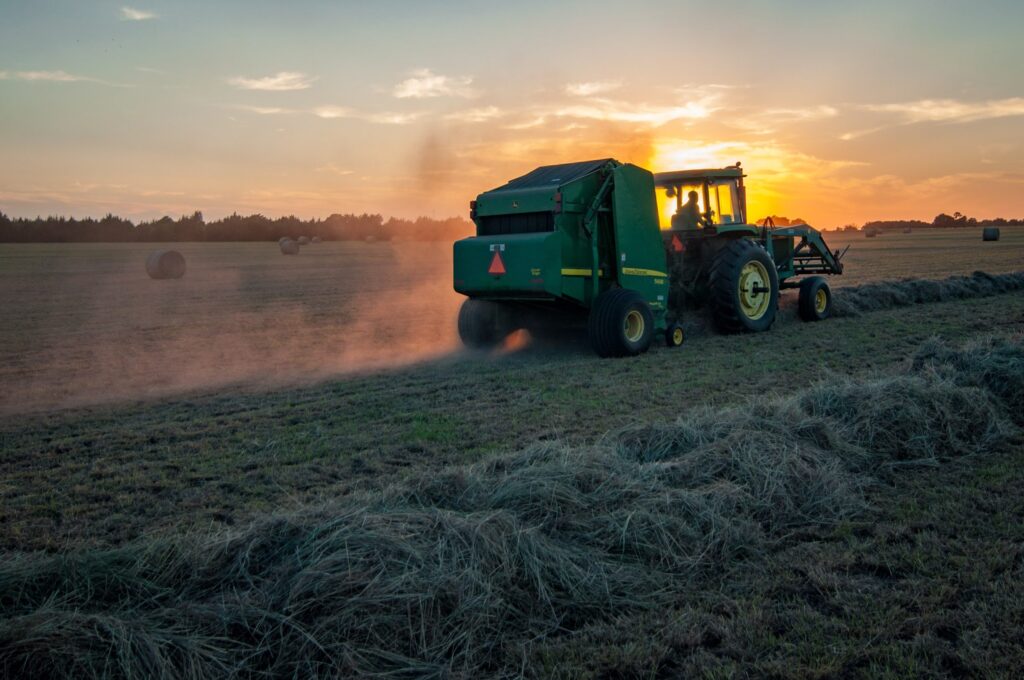According to the U.S. Department of Agriculture, the average American farmer is 58 years old with 33% of farmers 65 years or older. Indeed, farming is an aging industry, consistently rising over the last 30 years to perch us on a precarious precipice, one from which the next generation of farmers is slowly trying to descend. It’s not an easy task. To maintain American agriculture production, new farmers are needed. Several pieces of legislation aimed at providing relief to new farmers wanting to enter the industry, as well credit to those who want to support them, have been introduced at the national level, all of which aim to address the fundamental ways in which Next-Gen farmers are different than their predecessors. Here are three ways the next generation of farmers is different than the old guard and why it matters:
Next-Gen Farmers are Often Formally Educated
While not necessarily young, the Next-Gen farmer is usually inexperienced. That’s not to say he or she isn’t educated, however. On the contrary, the U.S. Census of Agriculture reports nearly 70% of Next-Gen Farmers have a college degree. It’s a point often contributed to the fact that most Next-Gen Farmers did not grow up in farming families (or even if they did), instead choosing to go to college and enter other fields before coming (back) to agriculture. Because of this, many need assistance to secure capital, build knowledge and create a livelihood within the farming industry (hence the aforementioned proposed legislations).
Next-Gen Farmers Rely on Technology
Innovation in technology as a whole means that new players in the ag industry are also more tech savvy than many of their older competitors. Not only has the time they spent before they took up farming confirmed their reliance on big data, including its collection and analysis, a shortage of farm workers in general has made the procurement of alternative solutions for working a farm critical to success. As the next generation of farmers enters the agriculture industry, then, and as the world’s growing population continues to affect our climate patterns, as well as consumer demand, the shift towards automation and data analytics will likely make technology a ubiquitous part of the farming experience for all involved.
Next-Gen Farmers Take a Stand
With their education in hand, many Next-Gen Farmers have deeply-rooted passions and intentions regarding sustainability, equity and nutrition issues. Whereas much of farming has historically been driven by sustenance issues, the next generation of farming focuses more on advocacy, transparency, conservation and way of life, preferring (or forced by limited and expensive land opportunities) to maintain smaller farms that support a variety of social or personal principles. This will inevitably change the way the ag industry will meet future consumer demand.
Ready to Learn More?
Next-Gen Farmers are changing the way the agriculture industry anticipates, protects and addresses farming demands. To better prepare for consumer needs, protect assets and explore new opportunities, all players within the ag industry must commit to staying informed with timely and accurate information. The best way to do that is with a trusted partner. Our team here at Ag Access, for instance, has over 20 years of experience working with all types of ag businesses, securing actionable insights that help our clients improve their products and services, as well as their business practices. Please contact us to learn how we could assist you, too.



